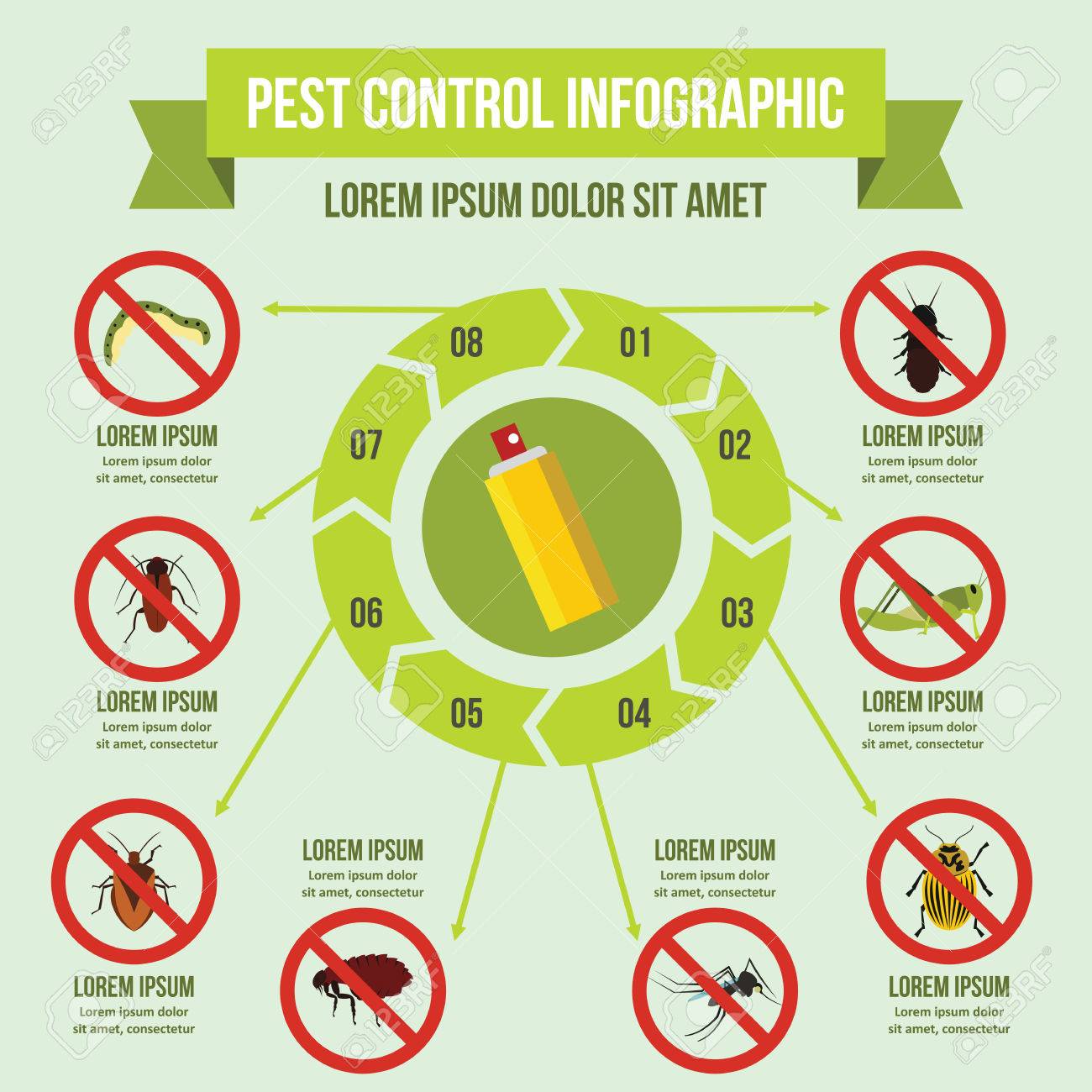Beyond The Spray: Checking Out Advanced Techniques Made Use Of By Bug Control Professionals
Beyond The Spray: Checking Out Advanced Techniques Made Use Of By Bug Control Professionals
Blog Article
Created By-Camp Carpenter
Are you tired of relying solely on sprays to handle bugs in your house or workplace? While sprays can work, pest control professionals have established advanced techniques that exceed simply splashing chemicals.
These techniques not only offer much more effective and long-lasting options, but also focus on decreasing the use of dangerous pesticides. By exploring these advanced strategies, you will certainly uncover an entire brand-new globe of parasite control approaches that are not just reliable, but additionally environmentally friendly.
So, are you ready to take your insect control video game to the following degree?
Integrated Insect Monitoring (IPM)
If you're seeking an efficient and environmentally-friendly strategy to pest control, Integrated Parasite Monitoring (IPM) is the remedy you need. https://how-to-remove-rat-from-co61605.ziblogs.com/25874158/managing-termites-comprehending-the-hazard-and-therapy-choices on long-lasting prevention and administration of bugs, rather than simply counting on chemicals. This approach thinks about the certain requirements and habits of insects, along with the surrounding setting.
By using a combination of strategies such as biological control, environment control, and targeted chemical usage, IPM aims to lower the dependence on chemical treatments and lessen injury to non-target microorganisms.
One key facet of IPM is keeping an eye on and recognizing bugs accurately. This includes frequently inspecting and examining the pest populace, in addition to identifying the certain types present. By comprehending the biology and behavior of insects, parasite control experts can create targeted methods to interrupt their life process and minimize their numbers.
One more important aspect of IPM is using non-chemical control approaches whenever feasible. This can include physical obstacles, such as mounting screens or securing fractures and openings, to prevent pests from entering buildings. In addition, cultural methods, like proper hygiene and waste monitoring, can help get rid of pest food resources and breeding grounds.
When chemicals are required, IPM focuses on using them sensibly and as a last resource. get rid of mosquitoes means selecting the least harmful and most reliable option, applying it precisely and only to impacted areas, and following all safety standards. By lessening pesticide use, IPM decreases the possible dangers to human wellness and the environment.
Biological Control
To additionally improve the effectiveness of Integrated Pest Management (IPM), the following subtopic we'll discover is the technique of biological control. house pest control utilizes natural killers or bloodsuckers to regulate pests.
Here are four essential facets of biological control:.
1. Introduction of natural enemies: In this approach, valuable insects or organisms are introduced to the area plagued with bugs. These natural adversaries exploit the insects, aiding to lower their population.
2. Preservation of all-natural opponents: As opposed to introducing brand-new microorganisms, this strategy concentrates on producing an ideal environment for existing useful bugs. This can be achieved with offering food, sanctuary, and water sources.
3. Enhancement: Here, the number of all-natural adversaries is raised synthetically by reproducing and releasing them into the plagued location. This helps to quickly lower the pest populace.
4. Push-pull approach: This technique combines repellents and attractants to control the habits of insects. Repellents press bugs away from crops, while attractants tempt them in the direction of catch crops or areas where they can be conveniently controlled.
Habitat Modification
Environment modification plays a crucial duty in bug control by modifying the setting to discourage bug problems. By making changes to the physical qualities of a room, you can develop an unwelcoming setting for parasites, making it harder for them to make it through and prosper.
One common approach of environment adjustment is removing or minimizing possible food sources for parasites. This can consist of appropriate waste administration, securing containers, and tidying up food crumbs.
In addition, eliminating or reducing areas of standing water can aid control parasites like insects.
Transforming the landscape by trimming trees and hedges away from buildings can also stop parasites from accessing your home.
Conclusion.
So there you have it - the sophisticated techniques utilized by insect control professionals go beyond simply splashing chemicals. Integrated Pest Administration (IPM) incorporates different approaches to properly control parasites, while organic control utilizes natural opponents to maintain parasite populations in check.
Environment alteration additionally plays an essential role in protecting against pest invasions.
Did outside flea treatment know that according to a study, implementing IPM techniques decreased chemical use by approximately 71%? This not just safeguards our health and wellness and the atmosphere yet additionally saves money in the future.
